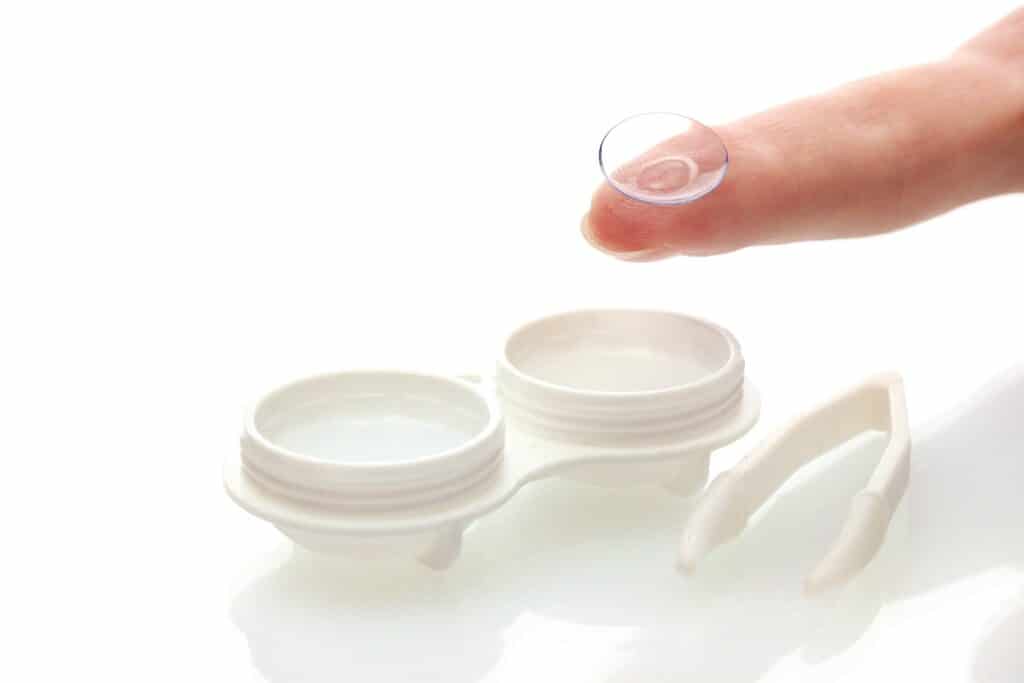
As you age, it’s common to notice the quality of your eyesight decline. Perhaps you’ve always worn glasses or contacts for distance, but now your eyes are having difficulty seeing things close up as well.
There are a few different options for people who need to juggle multiple prescriptions simultaneously, including multifocal contact lenses. The ophthalmologists and optometrists at Boston Eye Physicians and Surgeons can help you figure out what course of treatment is best for you.
What Are Multifocal Contact Lenses?
Multifocal contact lenses are contacts with more than one prescription in each lens. Generally speaking, these lenses have layered prescriptions that improve your ability to see objects that are near, far, and in between.
Bifocal and trifocal lenses fall under the umbrella of multifocal lenses since they quite literally meet the definition of having more than one prescription. However, while bi/trifocals have separate areas on their lenses devoted to each prescription, most other varieties of multifocal lenses are closer to progressive eyewear options. In these lenses, the prescription sections are less defined and overlap, blending together for a more natural vision experience.
It’s About Convenience
Without a doubt, multifocal contact lenses’ top selling point is the convenience. Who wants to carry around an extra pair of glasses so they can read a magazine or menu when they’ve already got contacts in? With multifocal lenses, one single set can get you through the entire day.
Multifocal contacts are available in both soft and hard (rigid gas permeable) lenses. If you prefer the convenience of throwing out contacts at the end of the night, the soft lenses are likely to be your choice. On the other hand, if you don’t mind cleaning longer-lasting lenses to save some money and receive slightly better acuity, the hard lenses are probably your best bet.
But There Are Some Drawbacks
While multifocal contact lenses do a good job, because they’re managing multiple prescriptions rather than one specific setting, they tend not to provide as sharp of an up-close view as traditional reading glasses. If you anticipate that that’s something that will bother you, multifocal lenses may not be your best option right off the bat.
Also, it typically takes weeks for new wearers of the lenses to get used to this new way of seeing. You may experience some haziness, particularly at night, until your eyes fully adjust. Many consider the acclimation period worthwhile in the long run, but your willingness to push through this short-term annoyance may differ from other patients.
Furthermore, because multifocal lenses are more technologically advanced and include multiple prescriptions, their price does tend to be higher than with single-power contact lenses. The convenience of multifocal contact lenses comes at a premium, and you may have to budget accordingly.
Schedule an Appointment
The team of doctors at Boston Eye Physicians and Surgeons have the expertise to advise you on the best way to address your need for more than one prescription — be it multifocal contact lenses or some other solution. Call or email for a consultation so that you can start seeing things both up close and far away again.

